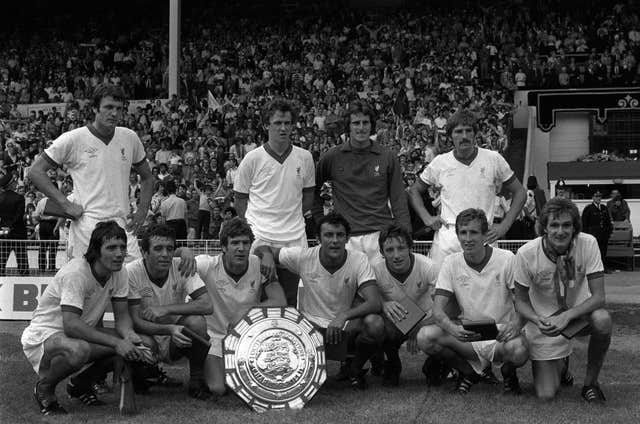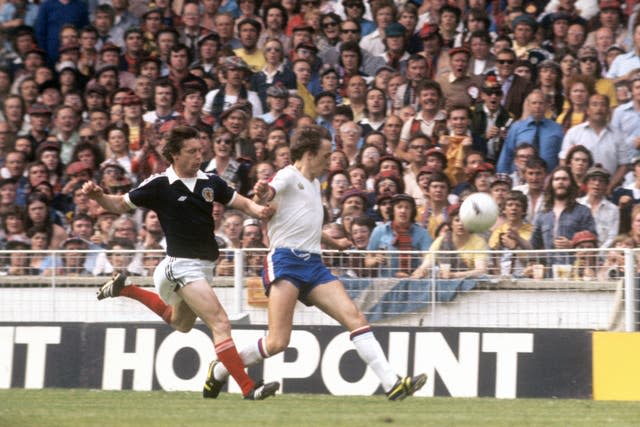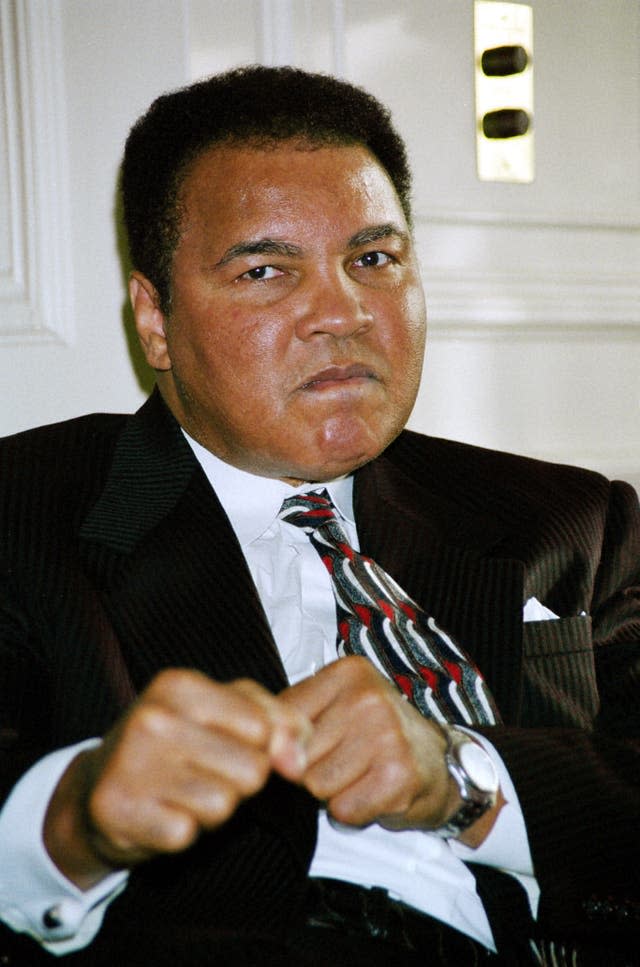Ray Kennedy: From sweet factory worker to multiple European Cup winner
Ray Kennedy was a man for seizing second chances and making the most of them.
The former Arsenal and Liverpool star, diagnosed with Parkinson’s Disease in 1984, has died at the age of 70.
A career which began with him being rejected as a youngster by Sir Stanley Matthews at Port Vale culminated in three European Cups, a glittering testament to his determination to overcome setbacks.
His biggest challenge, however, was to come off the pitch as he fought a 37-year battle against a debilitating disease.
Jettisoned by Matthews for being too slow, Kennedy bore no grudges – he kept the letter informing him of his release – and returned to his Northumberland roots to work in a sweet factory and play for amateur side New Hartley Juniors.
“Of course, there is always one lad who slips through the net and for me that was Ray Kennedy, who went on to find fame and fortune with Arsenal, Liverpool and England,” Matthews wrote in his autobiography.
“Ray turned out to be a superb player, and all I can say in my defence is he was a late developer!”
A brilliant goal-scoring year brought him to the attention of Arsenal scouts, actually there to watch his strike partner, and within six months of arriving in London he had secured his first professional contract and made his first-team debut aged just 18.

His appearance off the bench in the first leg of the Inter-Cities Fairs Cup final with the Gunners 3-0 down against Anderlecht saw Kennedy give his side a lifeline with a goal within eight minutes and a 3-0 win in the return leg saw him collect his first winners’ medal.
A year later he clinched a league and FA Cup double within the space of five days, heading the goal which clinched the title.
Kennedy’s arrival at Anfield on July 12, 1974 was completely overshadowed by the shock news that day that Bill Shankly, the man who had signed him from Arsenal, had stepped down.
But that major change did him no harm as, having struggled up front, midway through his second season Bob Paisley switched him to a left-sided role and he never looked back, winning five league titles, three European Cups, the UEFA Cup and League Cup.
His personal highlight was his pivotal away goal in the 1981 European Cup semi-final second leg against Bayern Munich.

He also achieved England recognition, winning 17 caps in total.
He left Anfield in 1982 and spells at Swansea and Hartlepool followed, but his body was already in the grip of the crippling disease which was affecting his mobility.
As a player he was blessed with the vision to see things before others, but that was taken to the extreme when he told the doctor treating him following his diagnosis that as a youngster he had foreseen his own future.
“He said to me once that as a child he had a recurring dream that his life would be short but glorious because something round the corner would come and scupper him early on,” recalled Andrew Lees, medical adviser to the Parkinson’s Disease Society and co-writer of his autobiography.

It was his involvement with the Parkinson’s Disease Society which led to him meeting his childhood hero Muhammad Ali, a fellow sufferer who died in 2016.
“I had to wait two hours to have a special audience with him but it was worth it,” Kennedy told The Journal in 2002.
Kennedy, having lost none of his sense of humour, added: “You know, Muhammad fought Henry Cooper at Highbury and used Arsenal’s dressing room. He must have had my peg and that’s how I got Parkinson’s!”

 Yahoo Finance
Yahoo Finance 